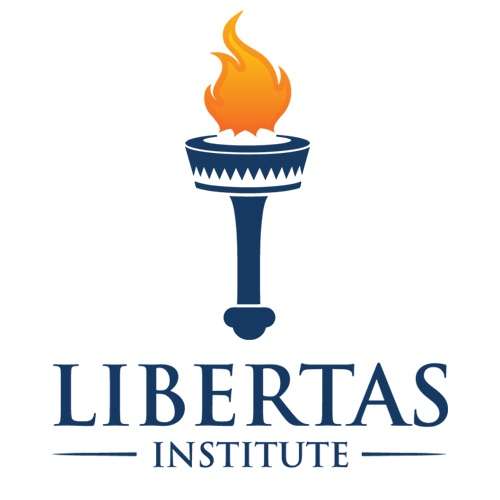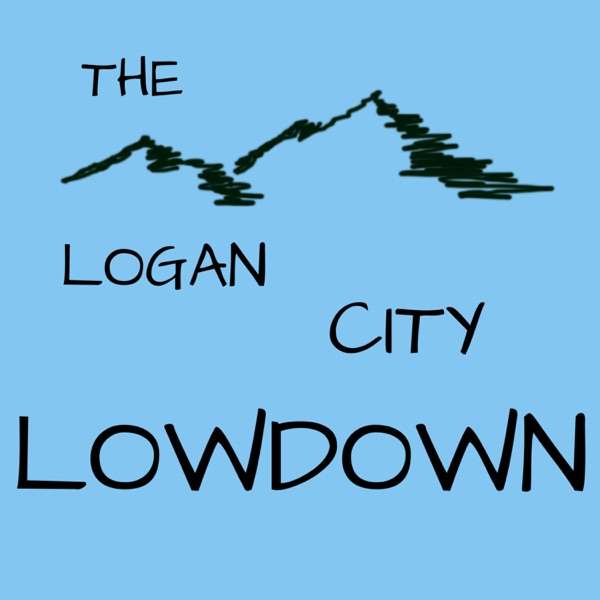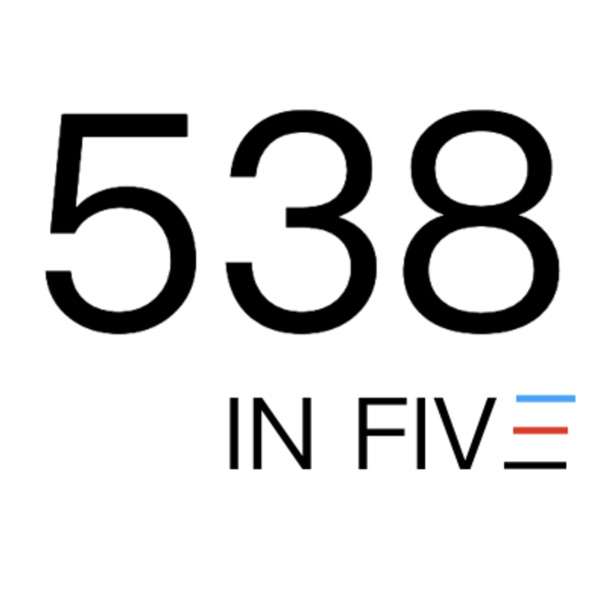Political theorist Takis Pappas has described the formation of liberal democracy as an elite project. Its creation was dependent on the decisions of political leaders rather than the public. But over the subsequent decades the space between politicians and their constituents has grown smaller. It is now unclear whether elected officials remain political leaders or whether they simply follow the opinions of their constituents.
Democracy is in the process of a transformation. Politicians have abdicated responsibility for political power to the people, but the people do not share a sense of responsibility for this newfound political power. So, everyone blames each other for political conflict, but nobody accepts the responsibility to resolve it. It is not clear anyone completely understands what democracy is or what it will become.
Robert Dahl imagined the possibility of a third transformation of democracy into something deeper, thicker, and richer. But he never explained how this new sense of democracy might manifest itself. Dahl thought more about democracy than anyone has before or since.
So I have searched for the next incarnation of Robert Dahl but have failed to discover her or him. These conversations are my attempt to piece together the ideas from multiple perspectives about democracy to offer an updated theory of democratic governance.
Populism, of course, is the great challenge for democracy today. Many scholars have offered institutional solutions as an antidote to populism. But the challenges democracy faces are not an American problem. They exist across the globe. They persist in Presidential and Parliamentary systems. It is a deeper challenge within the demos itself.
I believe democracy will inevitably overcome the populist challenge. It will emerge from this crisis stronger and healthier. Fifty years from now democracy will be different than it is today. And in five hundred years, its institutions may even be unrecognizable. But I believe the answer exists.
Zizi Papacharissi has dared to imagine what our future may hold after democracy. The research for her remarkable book, After Democracy, took her around the world where she asked one hundred everyday citizens three simple questions:
1. What is democracy?
2. What is citizenship?
3. What might make democracy better?
The answers she received helped her imagine what might come after democracy. Zizi offers us a dream. She explained to me that she “wanted the book to have a dream-like feel, like a dream many people were having together or a polyphonic story they were simultaneously telling and listening to.”
Zizi Papacharissi is a professor of communication and political science at the University of Illinois-Chicago. She was among the first to study social media and has shaped the scholarship on political communication on the internet. Her name is a familiar sighting in the footnotes of many of the books and articles I read.
Our conversation explores the ideas in her book from many different angles. We talk about the meaning of democracy and the role of citizens. We think about how democracy might be reimagined. And she invites you to dream of what might come after democracy.
Notes
Website: www.democracyparadox.com
Music from Apes of the State
Related Content
Hélène Landem
Learn more about the Kellogg Institute for International Studies at https://kellogg.nd.edu/
Support the show

 Our TOPPODCAST Picks
Our TOPPODCAST Picks  Stay Connected
Stay Connected







